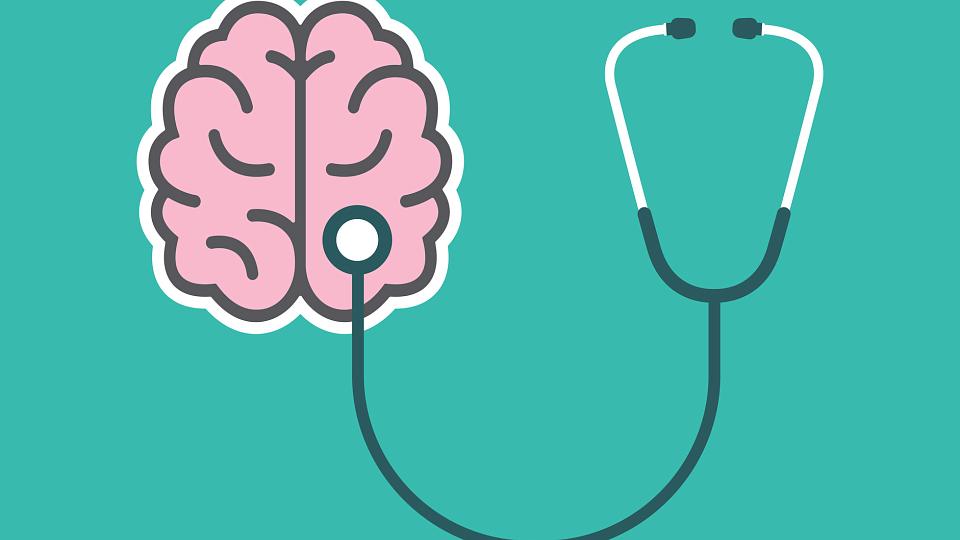

The brain is a precious, delicate organ that controls everything we do. That’s why it is so important to protect it from harm. Here are some steps for keeping your mind healthy and injury-free throughout your daily life.
TBI vs. Concussion
Moderate to severe traumatic brain injuries (TBIs) are caused by a serious accident or act of violence. In almost all cases, TBIs require emergency medical assistance. Concussions are mild TBIs that typically cause temporary symptoms. Both require immediate medical attention.
Buckle Up for Safety
The leading causes of TBIs include vehicle accidents, falls, sports accidents, and gun violence. Prevention is the best medicine, so always remember to buckle up your seatbelt in the car and strap on your helmet while biking or playing sports.
Check Your Head
See a medical provider if you experience any of the following symptoms:
- Headaches
- Vision loss or changes, such as light sensitivity
- Nausea
- Loss of consciousness
- Fatigue or sleepiness
- Problems with thinking and learning
- Confusion
- Dizziness
Be Mindful of Your Progress
Concussion symptoms typically appear within the first week after the injury and may persist for up to three months. If they last longer, make an appointment with your doctor to discuss a treatment plan.
Stay On Your Feet
Slip-and-falls in the home account for nearly half of TBI-related hospitalizations, and older adults are most at risk. Protect yourself or a loved one by removing tripping hazards from the home and following the CDC’s STEADI method.
Craig H. Neilsen Rehabilitation Hospital
Our hospital was built for patients—of all capabilities—to interact with their surroundings in real-time. Our smart technology enables patients greater control of the space around them and their recovery. Come experience it for yourself.

Can You Experience Traumatic Brain Injury Symptoms Years Later?
You suffered a brain injury from a bump, blow, or jolt to the head earlier in your life. Years later, you experience one or many symptoms like foggy thinking or memory loss? Derrick Allred, MD, discusses if a concussion could be the cause.






